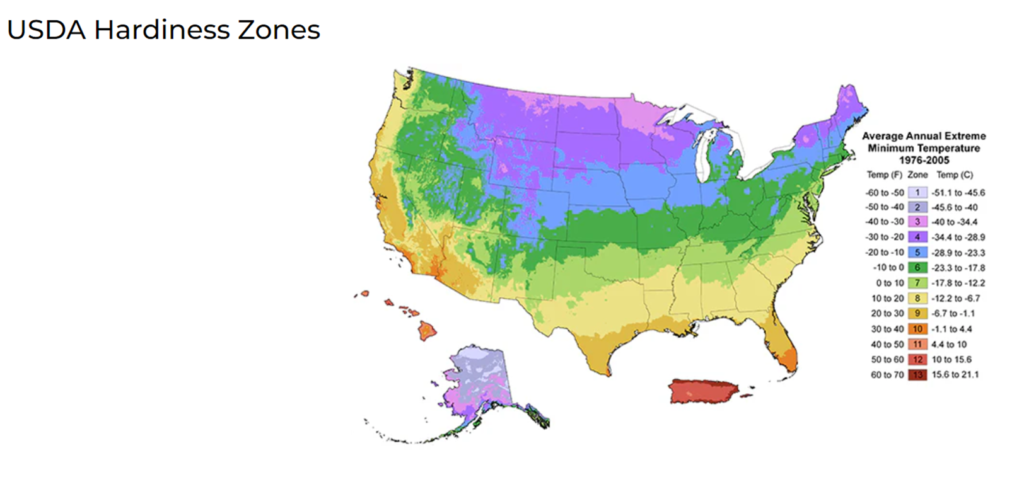10 tips for successful gardening:
- Choose the Right Location: Ensure your garden gets ample sunlight, ideally 6-8 hours a day. Most vegetables and flowers thrive in full sun. Have enough space so plants will grow, most spread at least a foot, while squash, cucumbers, and other vine producing plants need 5 plus feet to spread out.
- Prepare the Soil: Test your soil to check its pH and nutrient levels. Add compost or organic matter to improve soil structure and fertility. If there are any farm animals nearby check with the owners and I’m sure they would give you free manure. Horse, cattle, sheep and or goats are great. Rabbit droppings are also a great fertilizer.
- We have cows and after the first winter cleaned out the pens and dumped the manure and unused cornstalks in the area I wanted my garden. We rototilled it in which help break up the red clay and the garden did fair. After the second year of adding the compost again it definitely made a big difference in how successful my garden has been producing for our family.
- Select Appropriate Plants: Choose plants that are suited to your climate, soil, and sunlight conditions. Native plants often require less maintenance. Be sure to check out what growing zone you in and plant accordingly.
- I have asked people about growing zones and are always amazed how many people have no idea what I’m talking about. You definitely need to be aware of your growing zone and plant the plants that grow in that area. We had been on Zone 3 for most of my life – very short growing season – June to September. Moving to Oklahoma it’s a hole new world being Zone 7 – growing season is April to November.

- Water Wisely: Water deeply and less frequently to encourage deep root growth. Early morning is the best time to water, reducing evaporation and disease risk. Depending on temperatures, wind, soil conditions every second or third day should be fine to water.
- Mulch to Retain Moisture: Apply a layer of mulch to conserve soil moisture, reduce weeds, and maintain a consistent soil temperature. Wood chips, black plastic, carpet scraps or even cardboard can be used.
- Fertilize Regularly: Use organic fertilizers to provide essential nutrients. Follow the instructions to avoid over-fertilizing, which can harm plants. Remember with fertilizer to follow the directions on the label. Too much fertilizer of any kind can kill the plants just as easy as not enough nutrients in the soil. Beginning a garden just remember it will take a couple years to get the soil to where the plants do well.
- Prune and Deadhead: Regularly prune plants to promote healthy growth and remove dead or diseased parts. Deadhead flowers to encourage more blooms. Many sources will say to trim off sucker leaves on tomato plants, let cucumbers grow to a couple feet in length then cut off to encourage the fruit development. Same with squash and other vines.
- Control Pests Naturally: Use integrated pest management (IPM) techniques like introducing beneficial insects, using neem oil, or planting pest-repelling plants. Grasshoppers are a constant problem where I’m at. They can leave sticks standing where the day before was carrots and lettuce. Neem oil works wonders just have to spray after watering each time.
- Rotate Crops: Avoid planting the same crops in the same spot year after year. Crop rotation helps prevent soil depletion and reduces pest and disease problems. The same practices that work for large areas of land need to be applied to a garden, so remember to move where things are planted from year to year to increase the success of your garden.
- Stay Patient and Observant: Gardening takes time and patience. Regularly check your plants for signs of stress or disease and adjust your care routine accordingly. There are many things that can affect your garden so watching and checking weekly can help avoid major crop losses.
By following these tips, you can create a thriving, successful and productive garden.
